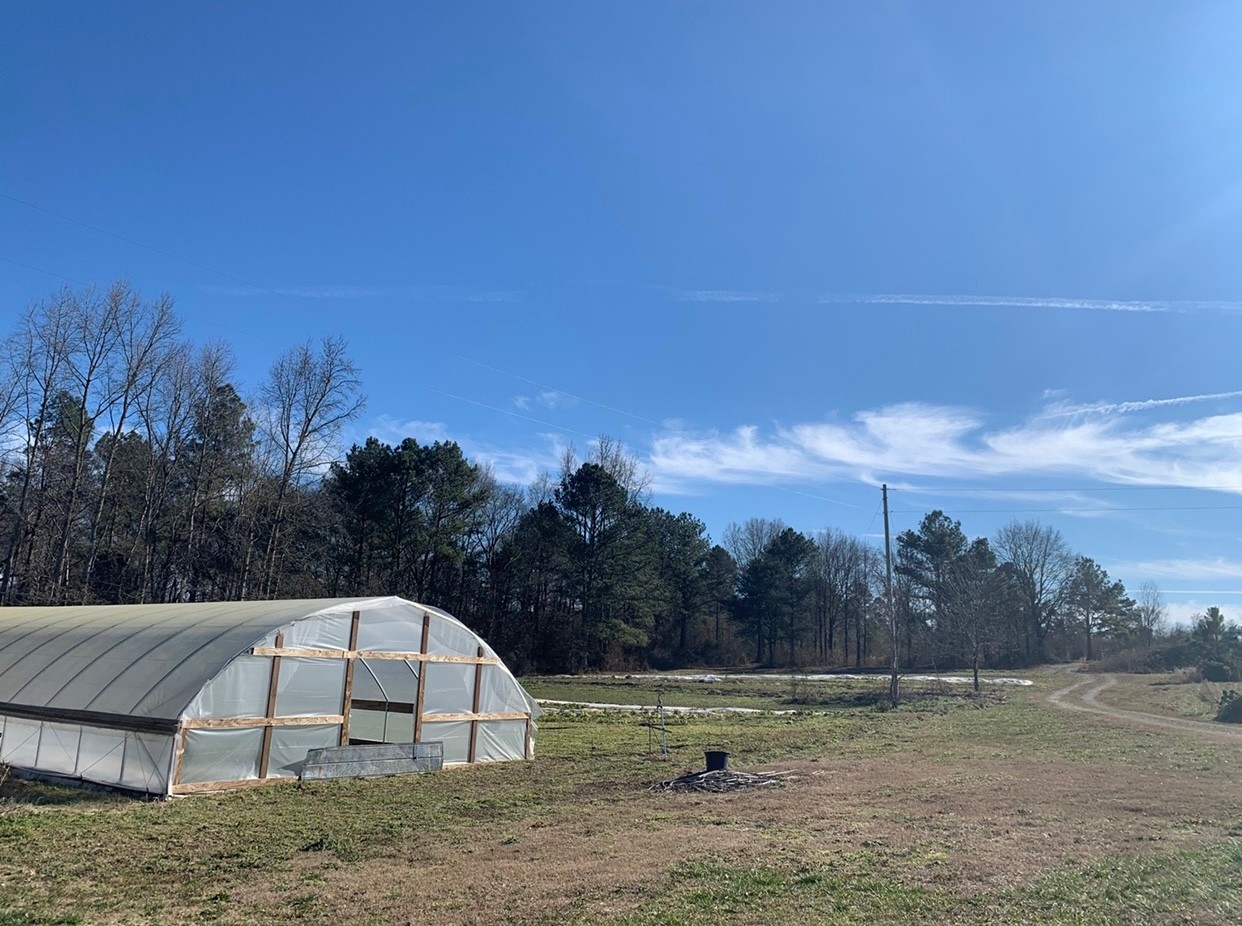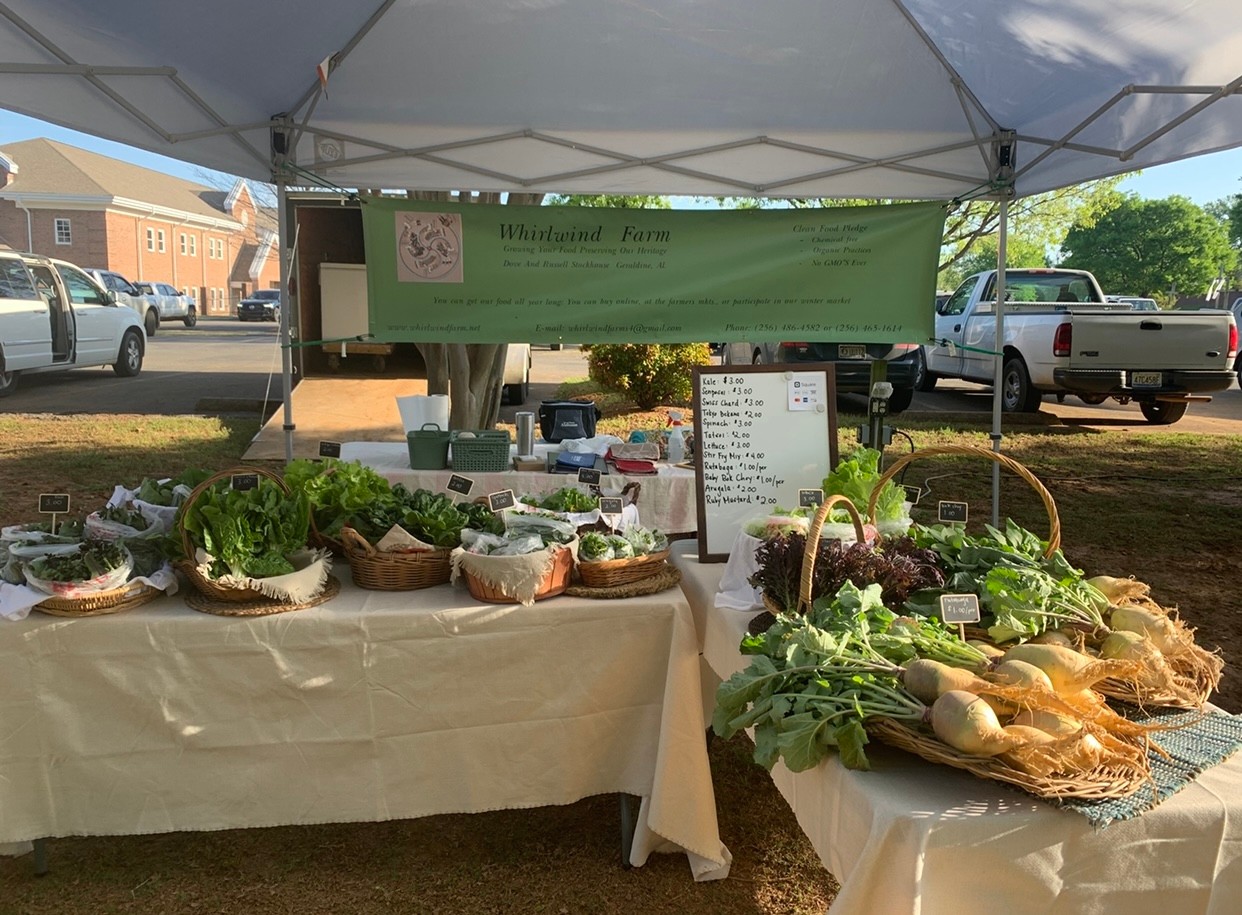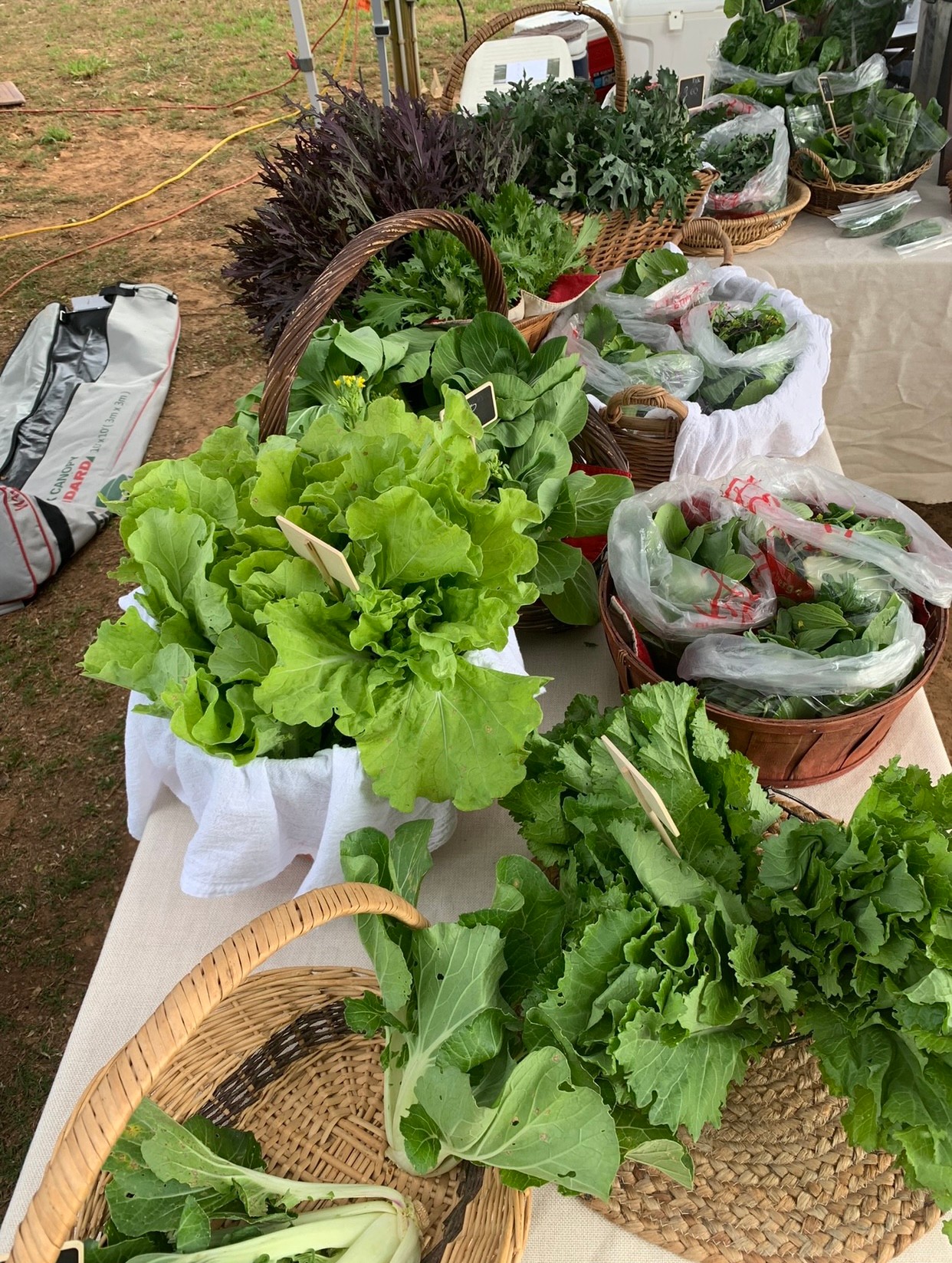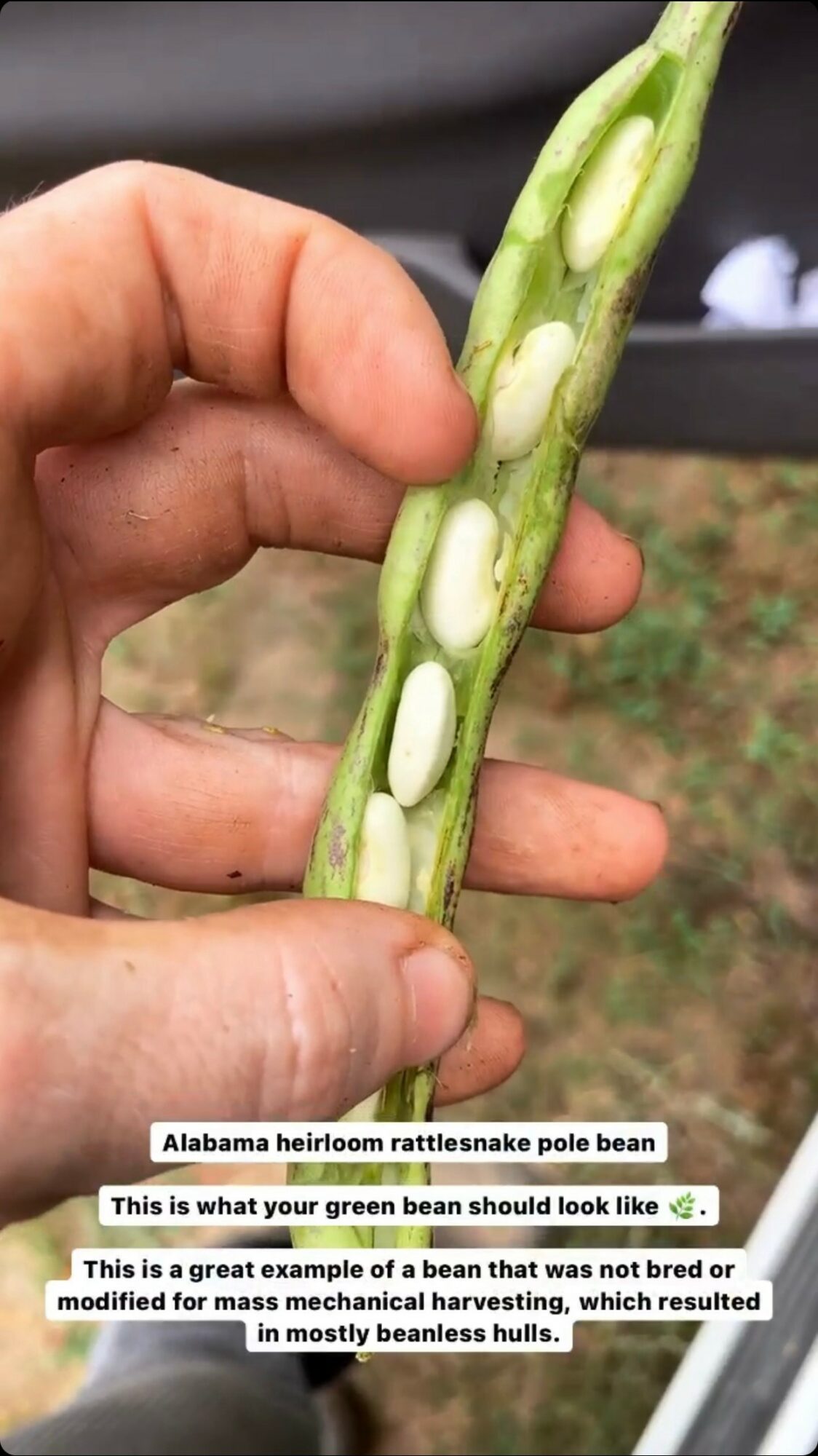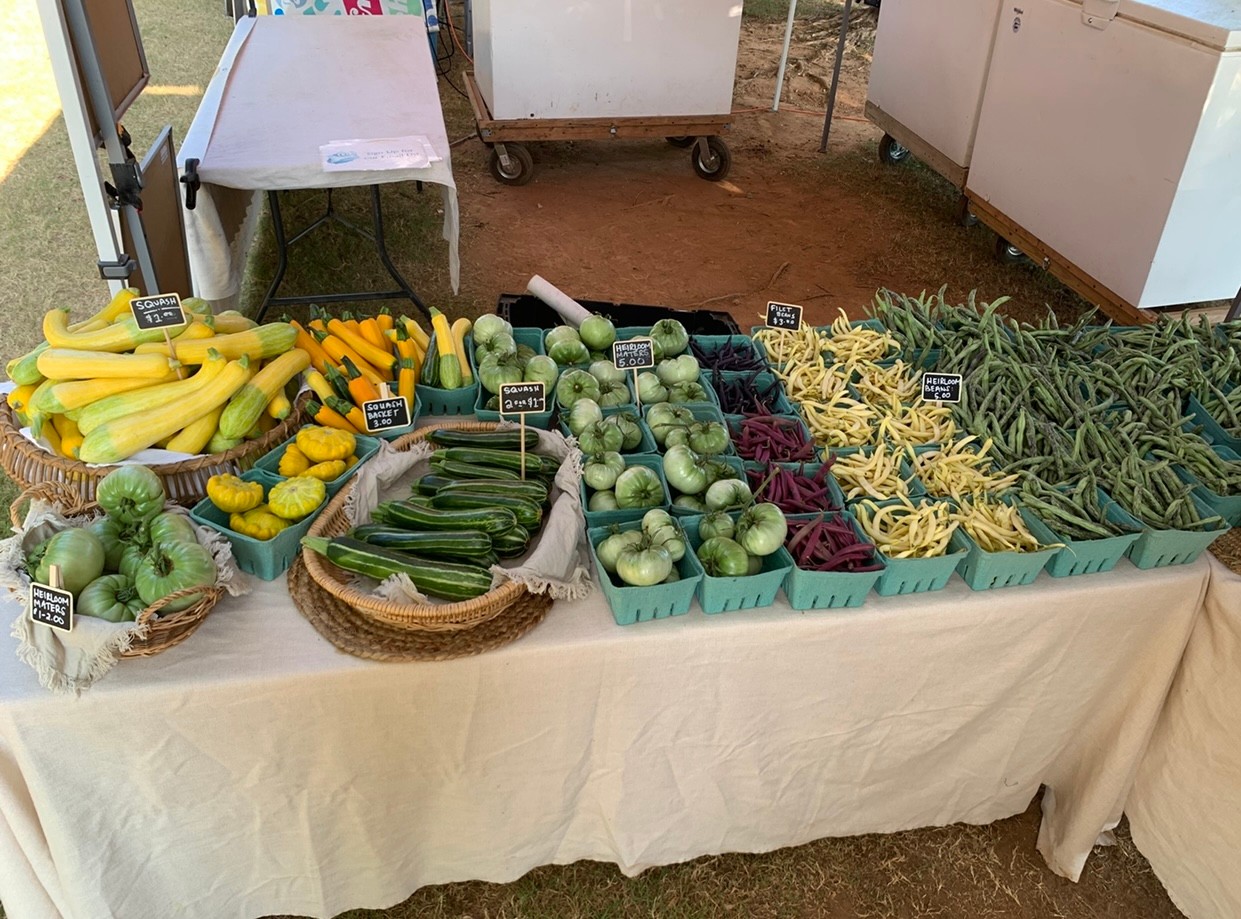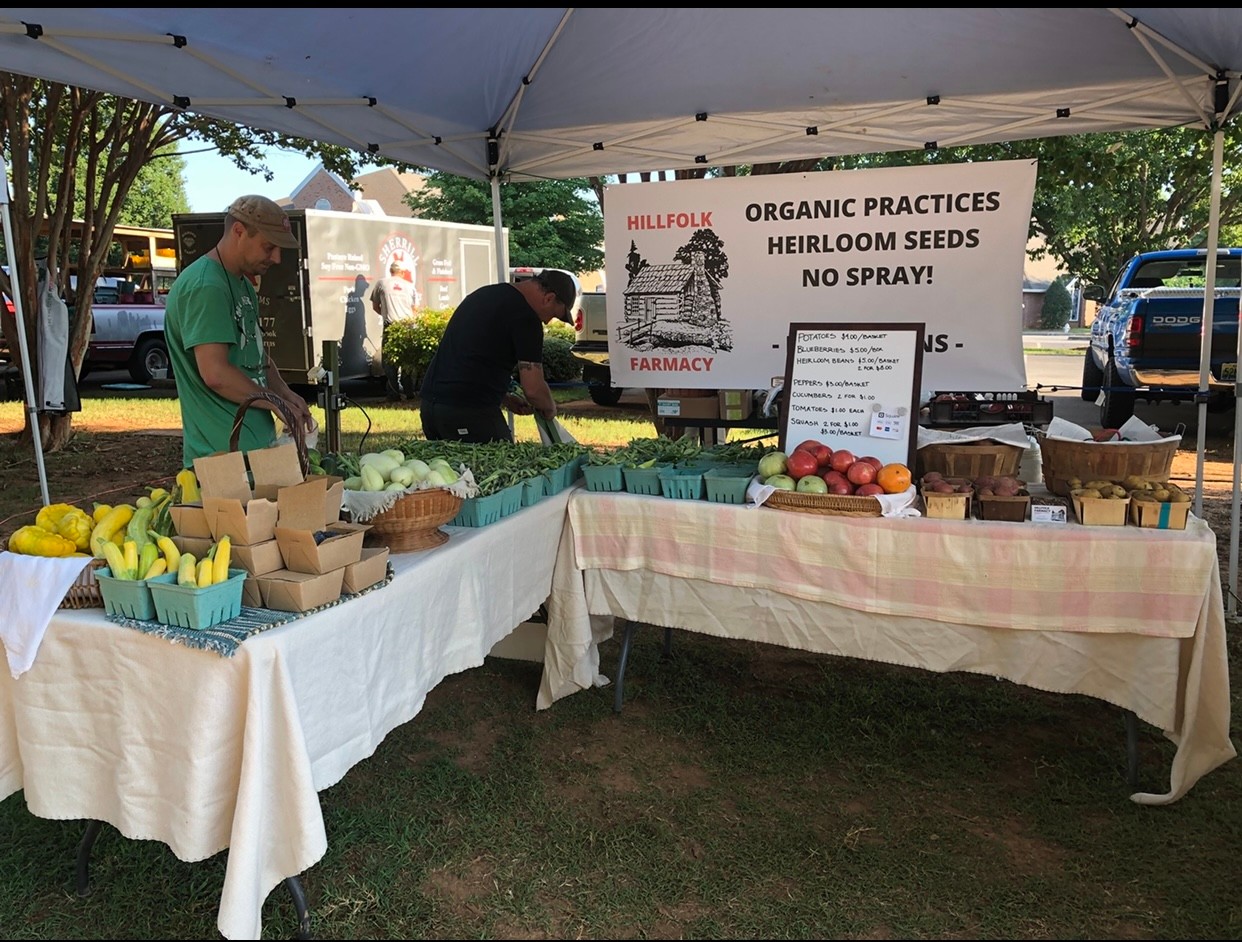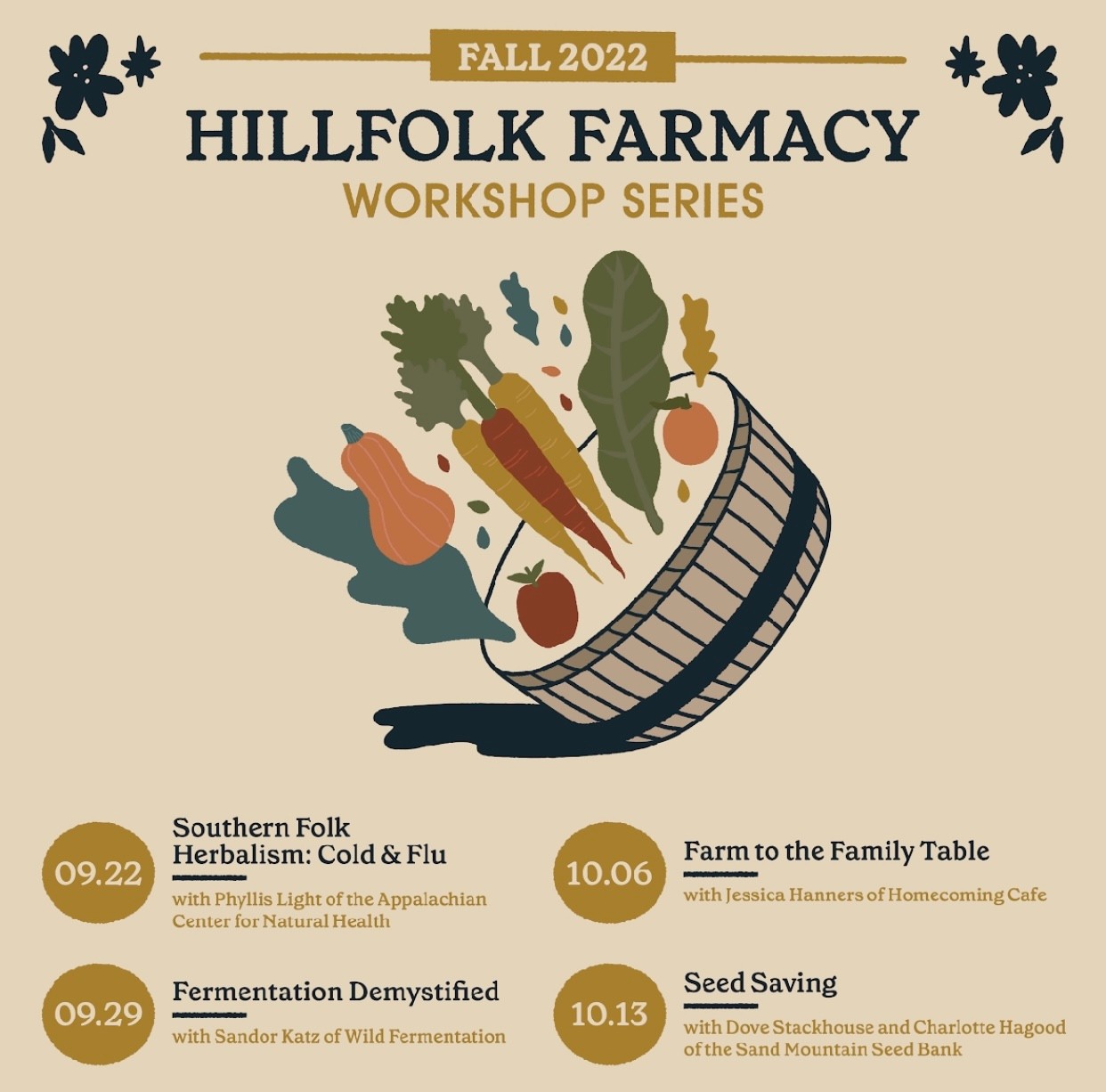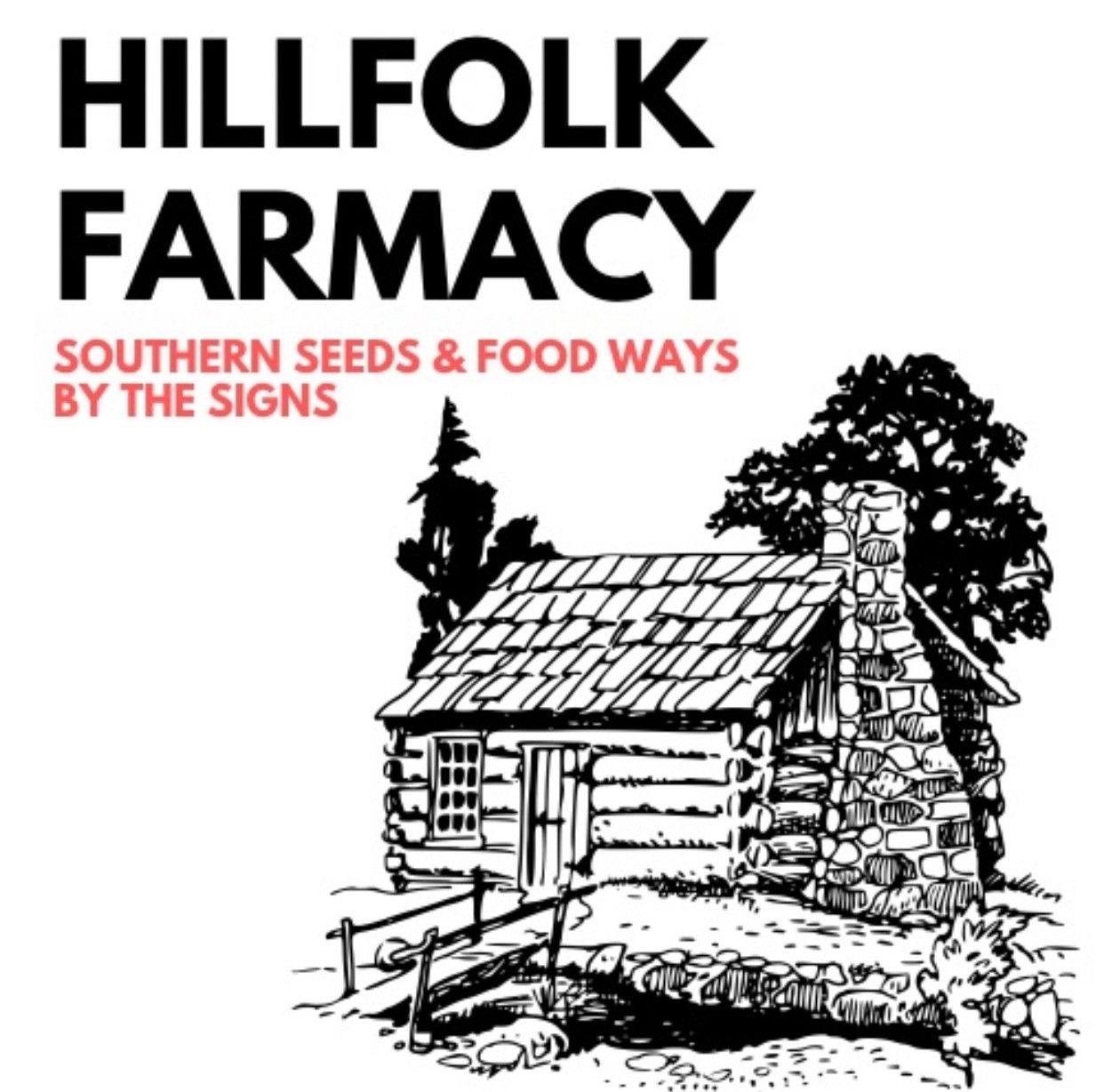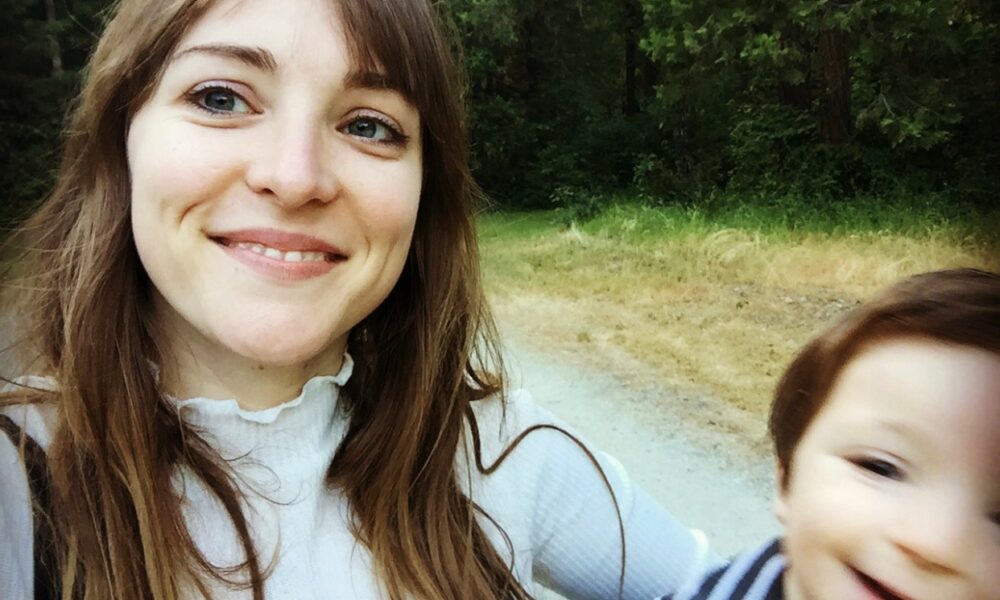

Today we’d like to introduce you to Lauren Murphy.
Hi Lauren, please kick things off for us with an introduction to yourself and your story.
In 2015, my first child was born with a rare genetic syndrome, Rubinstein-Taybi Syndrome. The syndrome has global medical, behavioral, and cognitive effects, and when he was 18 months, after a round of antibiotics – he stopped digesting food entirely. When our only answer seemed to be a mechanized feeding tube, I pulled what I knew from my education in sociology, my interest in herbalism and organic food, and put him on a gut-healing diet. Not only did his situation improve, but we could avoid the feeding tube altogether and saw benefits in him that we did not expect just by changing his diet. Fascinated and enraptured by the magic of a nutrient-dense, gut-healing diet – supplied by small, local, organic, regenerative farms, I began studying and experimenting with organic farming and studying herbalism and health under fifth-generation herbalist Phyllis Light, from Arab, Alabama. In this process, I began to recognize the South, especially the rural South and Southern Appalachia, as a place where these old, right ways of living in connection with and caretaking the land and community around you still exist. Today, we are being told about the benefits of eating a local, seasonal, organic diet, using herbs to support our health and immune system, small-scale regenerative farming, composting, and making do. But, if we look around us – if we begin to ask our mothers, grandmothers, and grandfathers – what they have seen in their lifetimes – we will find that these ways of being are not new. They have always been here – through tradition, rural isolation, and poverty; formed out of the sacred indigenous practices of this place and the ways those practices were adapted by the enslaved and freed Black and Scots-Irish settler communities – into practices that are now distinctly Southern.
This past year, I was allowed to farm on the land of the Sand Mountain Seed Bank. I called my farm operation the Hillfolk Farmacy and specialized in growing Southern and Southern Appalachian heirloom varieties, using organic practices – and sold them at the Madison City Farmers Market. My favorite moments of that experience were the old-timers who came to my booth to buy the varieties and the tastes they hadn’t seen in 40, maybe 60 years. Things they remembered their grandparents growing, like an old variety of Rattlesnake Bean whose seeds had been grown in North Alabama for over 200 years. After my farming season ended in August, I ran a series of workshops at the Orion Amphitheater in September and October called the “Hillfolk Pharmacy Workshop Series.” In these workshops, teachers like Phyllis Light taught an herbalism class, and Sandor Katz taught a class on Demystifying Fermentation. I am currently deciding where to take the Hillfolk Farmacy next!
We all face challenges, but looking back, would you describe it as a relatively smooth road?
Because of my son’s diagnosis and the issue of land access for small farmers due to outrageous land prices and encroaching, endless development hasn’t been a smooth road. But, it has been a good road and one I am thankful to walk.
Thanks – so, what else should our readers know about your work and what you’re currently focused on?
Working within my traditions, and doing my work, are very important to me. I think of my work as existing in cultural excavation and bridge building. I’m the first woman in 200 years not to be born in Grainger or Knox County, Tennessee – and also the first woman to whom the food, farming, and cultural traditions were not passed down. Because of this, I am known for growing Southern Appalachian varieties of vegetables and herbs and practicing this area’s Southern Folk Medicine traditions. Besides the personal aspect of these practices, they are hyper-adapted to this place’s foodways, the land, and the climate. Regionally adapted seeds are much more resilient to climate shifts and extremes. Besides that, research in epigenetics shows that our genes and metabolism are hard-wired to eat, search for, and adequately assimilate the foods that our ancestors ate – including the varieties of plants, the types of animals, and the traditional ways of preparing these foods. When we work with our unique cultural foods and traditions, we have the opportunity to feed our families and heal the land, to come into communion with – and belong to our places and communities in ways that we might not otherwise. To me, it’s a win-win. Plus, it’s delicious.
We love to hear about your fond memories of growing up.
If not my favorite, my earliest childhood memory is of mixing teas and soups of twigs and leaves in the pine flats of Northeast Florida, where I grew up. It would be fifteen years beyond those first “teas” that I would find out that herbalism existed or before I even tried my first herbal tea, peppermint, out of my Unky Joe’s backyard garden in Knoxville he plowed with a mule also. Baking pumpkin bread from scratch every thanksgiving and summer picnics in Cades Cove.
Contact Info:
- Website: https://www.hillfolkfarmacy.com
- Instagram: instagram.com/hillfolkfarmacy
- Other: https://laurenmurphy.substack.com
